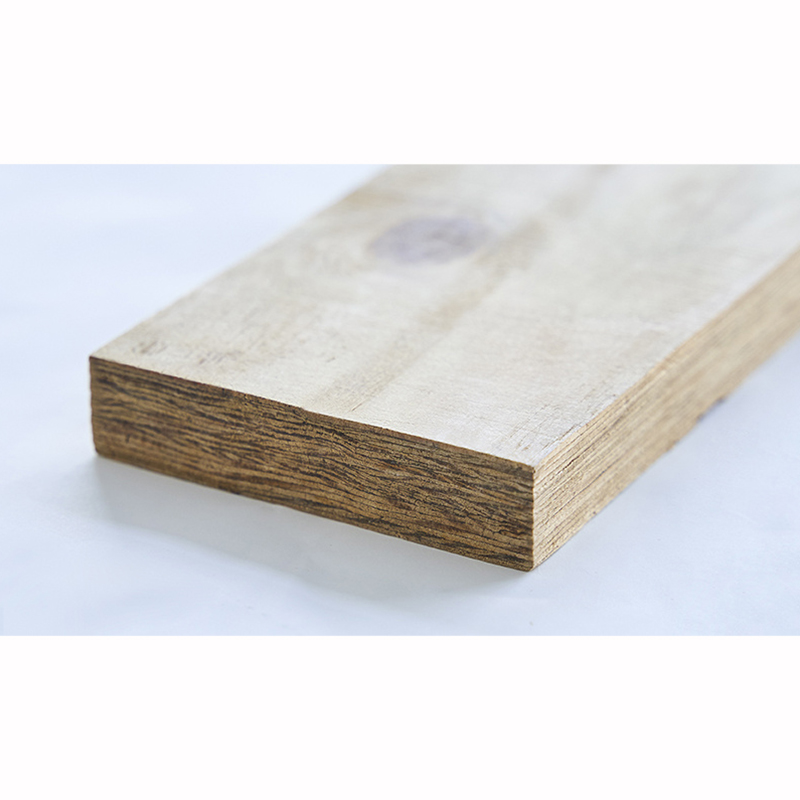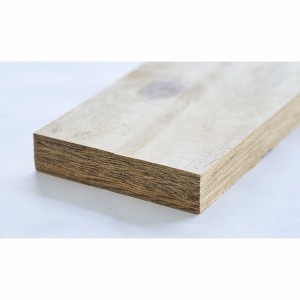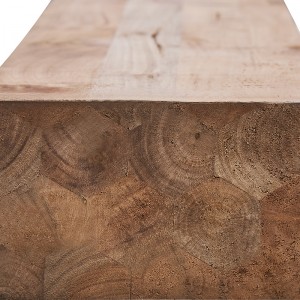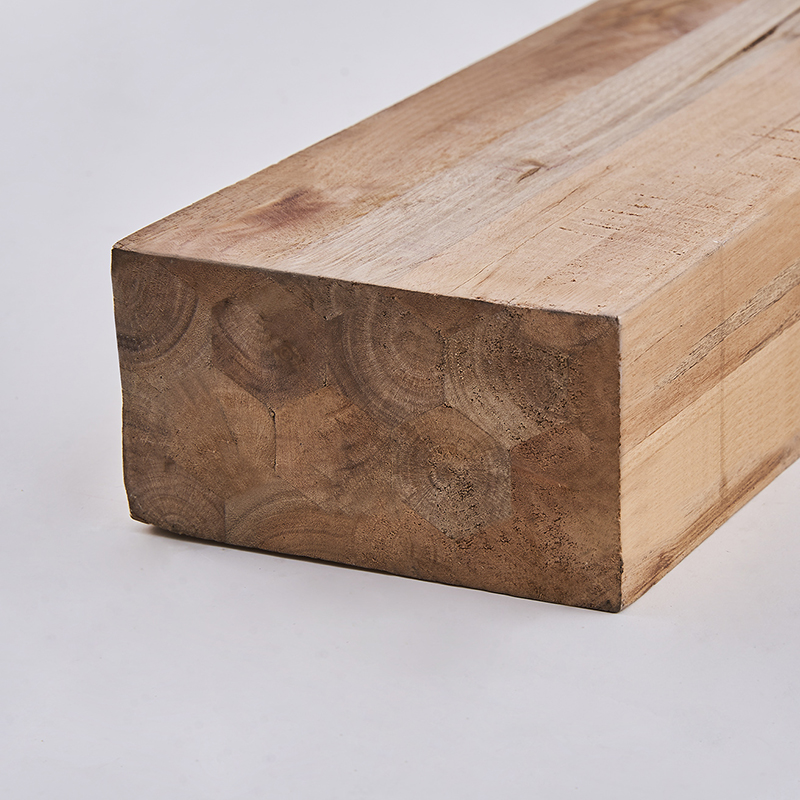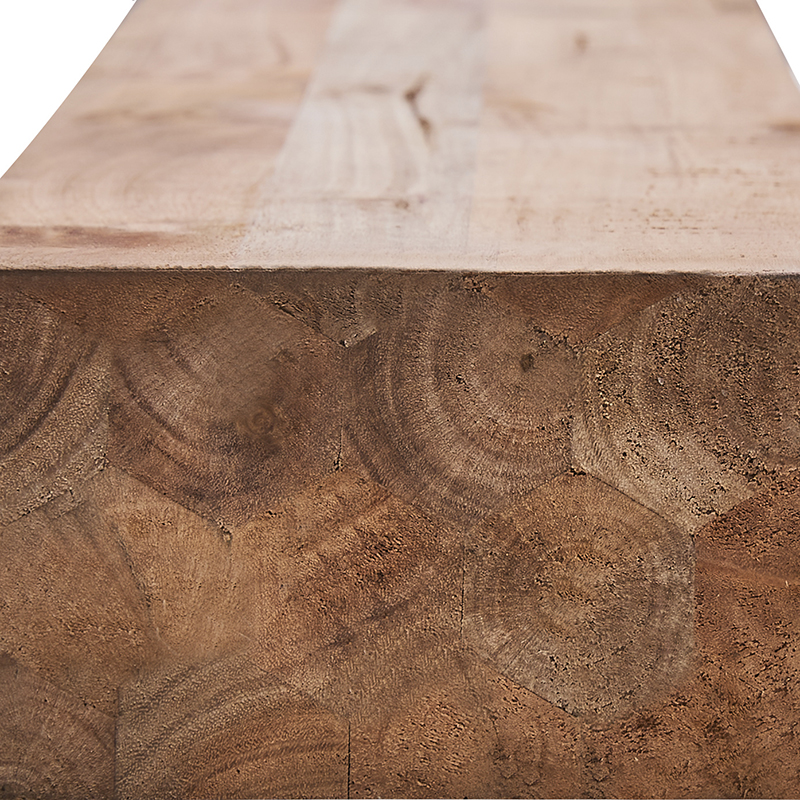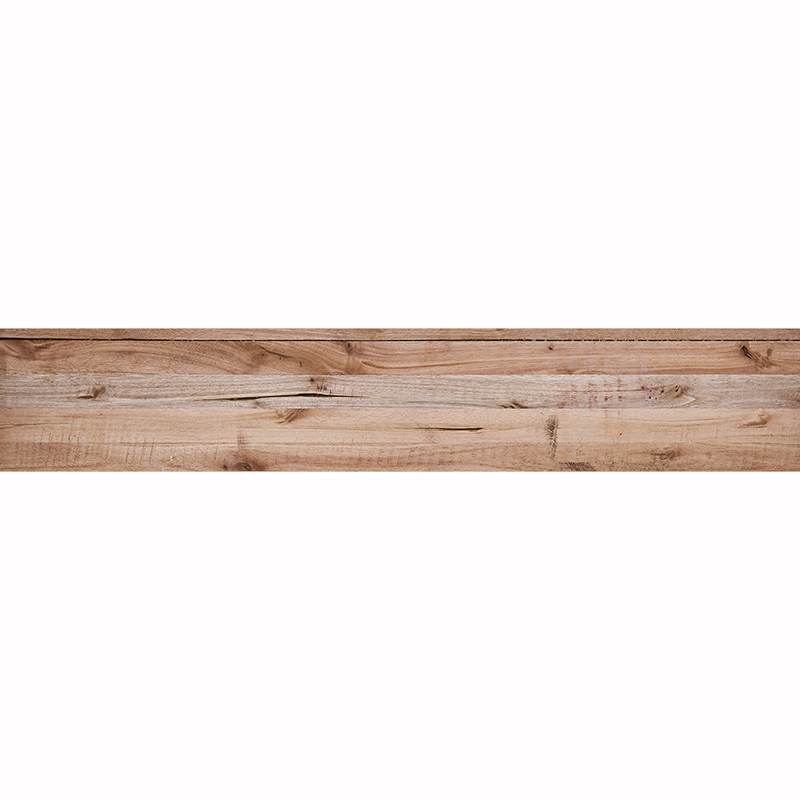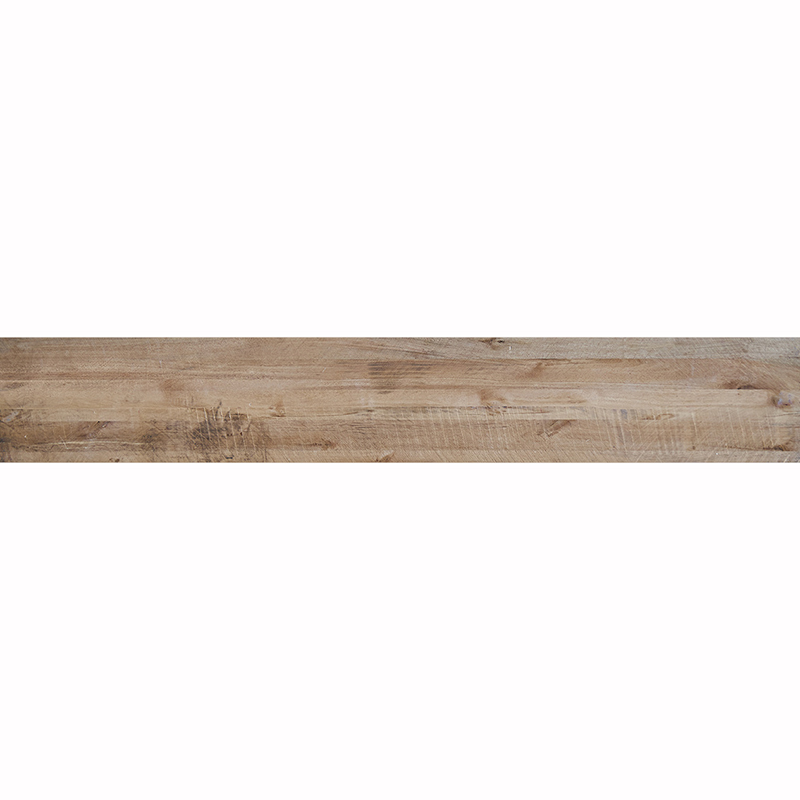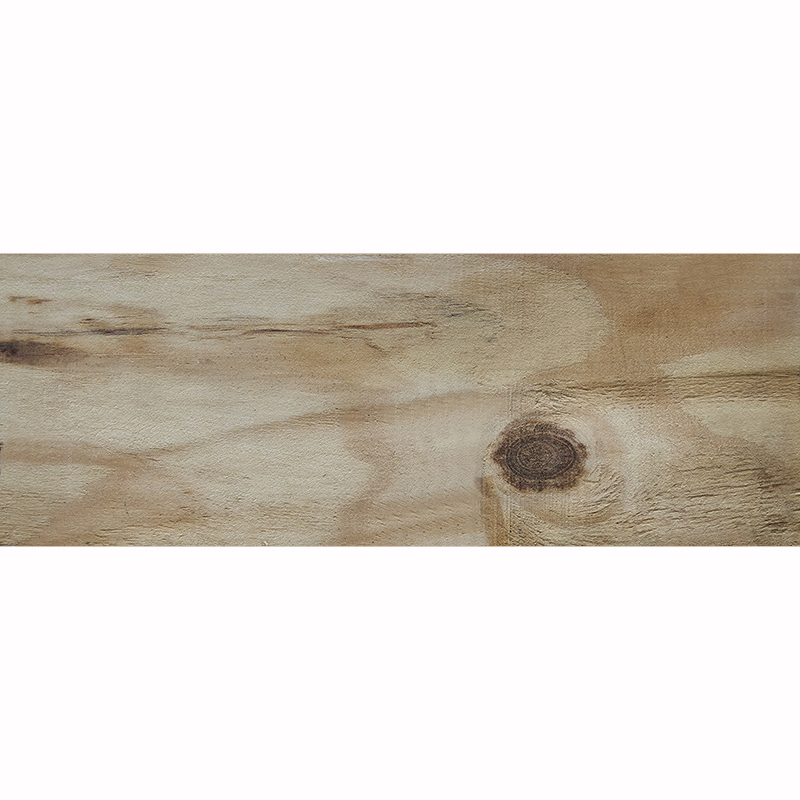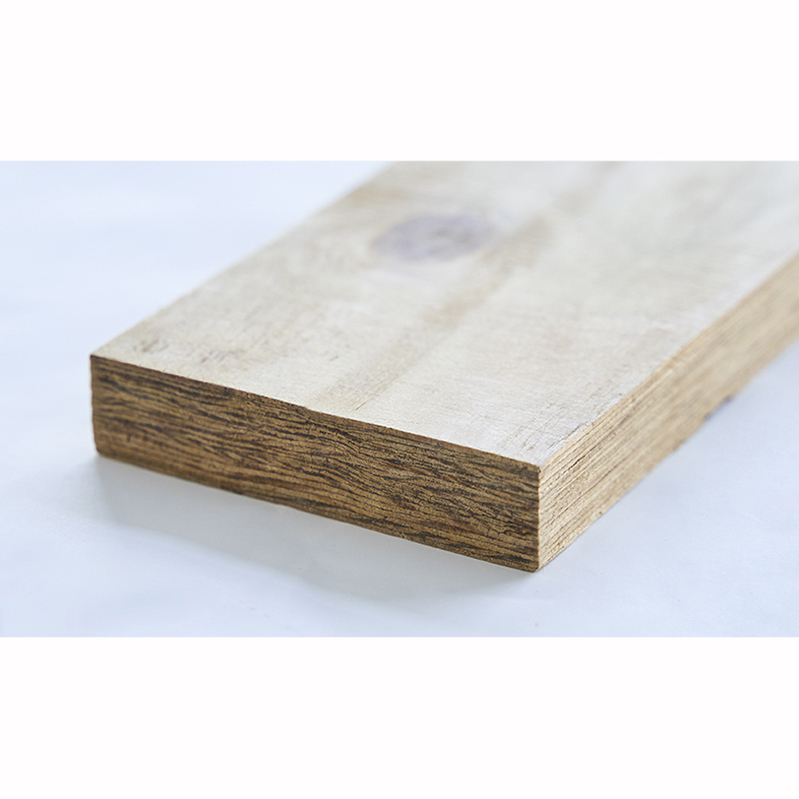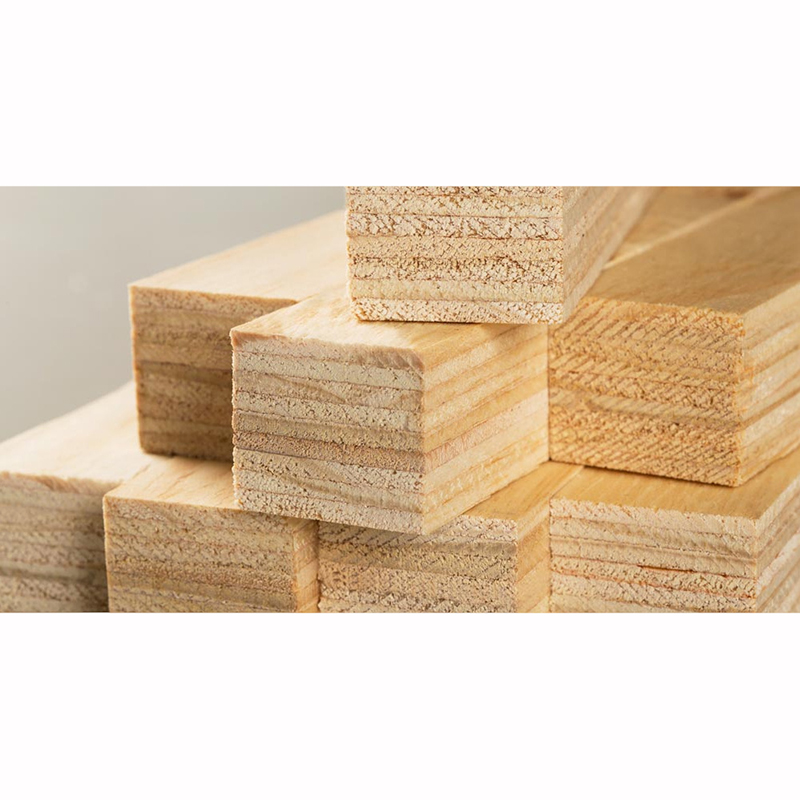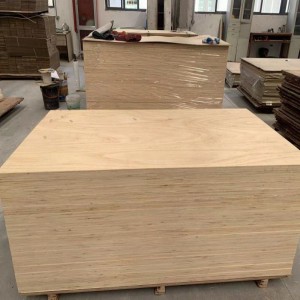Laminated Veneer Lumber(LVL)
Product Parameters
|
Material |
Lauan,poplar,pine |
|
Glue |
Melamine or urea-formaldehyde glue,WBPFormaldehyde emission reaches the highest international standard (Japan FC0 grade) |
|
SIZE |
2440-6000mm |
|
Thickness |
3-45mmSpecial specifications can be customized according to user needs |
|
MOISTURE CONTENT |
≤12%, glue strength≥0.7Mpa |
|
THICKNESS TOLERANCE |
≤0.3mm |
|
LOADING |
8pallets/21CBM for 1x20’GP18pallets/40CBM for 1x40’HQ |
|
USAGE |
For furniture, pallet, craft |
|
MINIMUM ORDER |
1X20’GP |
|
PAYMENT |
T/T or L/C at sight. |
|
DELIVERY |
about 15- 20days upon receipt of the deposit or L/C at sight . |
|
FEATURES |
1.The product structure is all along the grain direction2. can be cut into small size for reusing |
Laminated Veneer Lumber (LVL) plywood offers several advantages, including
Laminated Veneer Lumber (LVL) is an engineered wood product that is made by bonding thin wood veneers together using adhesives. It is a type of structural composite lumber that is commonly used in construction as a substitute for traditional lumber or steel.
LVL is made by taking multiple layers of wood veneers and gluing them together with a strong adhesive. The veneers are typically arranged with the wood grain running in the same direction for each layer, which gives the final product a high degree of strength and stiffness. The adhesive used in LVL is usually a type of synthetic resin, such as urea-formaldehyde, phenol-formaldehyde, or melamine-formaldehyde.
LVL has several advantages over traditional solid wood, including:
Strength and Stability: LVL is stronger and more stable than traditional solid wood. It is made by layering thin veneers of wood together with adhesives, which creates a stronger and more consistent material than solid wood.
Versatility: LVL can be manufactured in a variety of sizes and lengths, making it a versatile material for a wide range of construction and building applications.
Sustainability: LVL is made from fast-growing, renewable wood species, making it a more sustainable choice than many other building materials.
Consistency: Because LVL is manufactured in a controlled environment, it has consistent properties and is free from the natural defects found in solid wood.
Cost-effective: LVL can be more cost-effective than solid wood, as it can be produced in large quantities and is made from lower-grade, faster-growing wood species.
Overall, LVL is a strong, versatile, and sustainable building material that can be used in a variety of construction and building applications.


